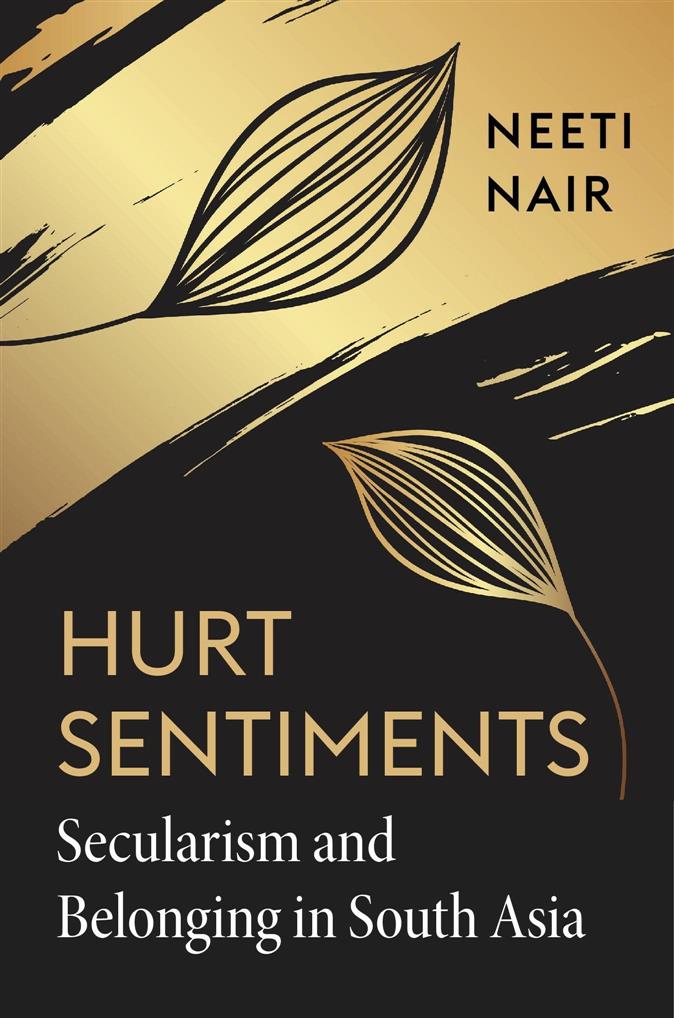Muse Foundation is petitioning to Mr. Abhijit Bangar, Municipal Commissioner, TMC to immediately restore Railadevi lake and appoint experts to formulate strategies to rejuvenate it. Taken from https://www.change.org/p/save-thane-s-railadevi-lake
Nestled amidst a bustling locality, Railadevi Lake is a go-to spot for citizens. Also known as ‘Lotus Lake’, it is home to wildlife species including the protected soft-shell turtles. Several birds including Herons call Railadevi Lake their hang-out spot for food and leisure. The lake is surrounded by thick vegetation including many trees planted by NGOs and citizens.
This vibrant ecosystem of the Lake is now being brazenly destroyed by Thane Municipal Corporation and MMRDA.... The " beautification" of Railadevi lake. The project entails developing recreational spots at the periphery of the lake including Amphitheatre, walking tracks etc.
Unscientific de-siltation of the lake has killed many turtles, tortoises, and fishes:
Riparian zone of the lake destroyed: Over the past year, contractors have dumped debris to reclaim portions of the lake.
Trees to be cut & transplanted: Next, MMRDA along with TMC will undertake the cutting of 5 and transplantation of 112 trees from the area immediately surrounding the lake
Beautification of a thriving lake without any expertise: There has been no limnologist, hydrologist, ecologist or any other expert appointed
No permission from the Forest Department despite there being a presence of protected species such as Soft-shell turtles.
Plans unavailable in the public domain:
Those Who Write Off the Opposition Must Not Forget the Electoral Surprises of 1977 and 2004 https://thewire.in/politics/opposition-rahul-gandhi-1977-2004-election
The developments after the disqualification of Rahul Gandhi have the potential to bring about a swift change in the scenario. The mood of the voters can be gauged only when the battle lines are drawn, not when society is dormant.
The developments after the March 23 disqualification of former Congress president, Rahul Gandhi, have the potential to bring about a swift change in the scenario. The BJP cannot afford to overlook the softening of the stand of the Aam Aadmi Party (AAP), Trinamool Congress (TMC), Bharat Rashtra Samiti (BRS), and to some extent Samajwadi Party (SP) towards Congress.
If the opposition parties go for some sort of electoral understanding – if not form a full-fledged pre-poll alliance – and if their supporters vote tactically, the result may come as a big surprise.
Neeti Nair’s ‘Hurt Sentiments’ is contextualisation of present in past https://www.tribuneindia.com/news/reviews/story/neeti-nairs-hurt-sentiments-is-contextualisation-of-present-in-past-493454  Hurt Sentiments: Secularism and Belonging in South Asia by Neeti Nair. Harvard University Press. Pages 352
Hurt Sentiments: Secularism and Belonging in South Asia by Neeti Nair. Harvard University Press. Pages 352
“Secularism was no longer an abstract constitutional principle; it had become an imperative to uphold, a slogan to embrace fully, wholly, in substantial measure” because the Act was “widely regarded as having the awesome potential to target and disenfranchise Indian Muslims, often described as ‘illegal’ and ‘Bangladeshi’ in the writings and speeches of BJP leaders”..
..What explains the Congress’ manifest ambivalence over secularism despite claiming to be its chief spokesperson? What were the compulsions brought to bear on Gandhi, Nehru, Patel and Ambedkar while resolving the vexatious questions on India’s minorities?..
..Gandhi emerges as the idealist, the savant and the hard-headed politician who adroitly escaped some of the quandaries by a mix of pragmatism and compromise. The chapter on “Gandhi’s Assassination, Godse’s Defence, and the Minority Question”, with two telling epigraphs which set out their worldviews, poignantly depicts the Mahatma as isolated by the Left and the Right. To Gandhi’s assertion that “a prayer meeting is not a debating assembly... freedom of worship, even of public speech, would become a farce if interference became the order of the day”, his assassin Nathuram Godse’s salvo was, “I (am) determined to prove to Gandhiji that the Hindu too could be intolerant when his honour was insulted.” Godse’s sentiment was understandable in the background of his unwavering beliefs. What of the Congress?
Kripalani said Gandhi had not found a way of tackling the “problem of non-violent non-cooperation” on a “mass basis” because his policies had to be carried out by others and “these others” were not converted to his way of thinking. Were “these others” leaning towards the Godse school of thought of the “hurt” Hindus and the case for an “Akhand Bharat”? The author conceded, “Some amount of bigotry seeped into the soil, became acceptable. With Gandhi’s death died an idea of India.”
